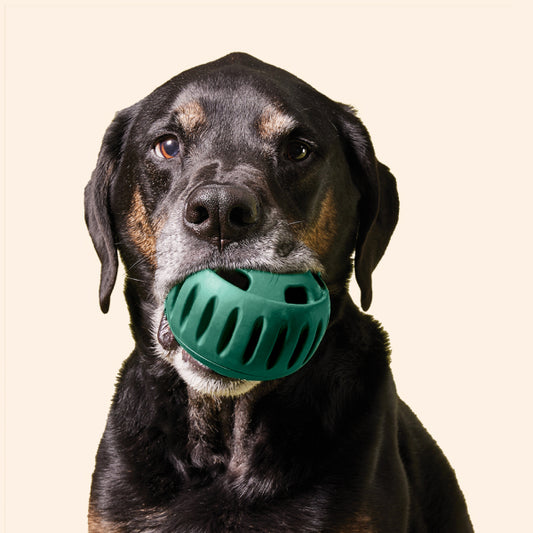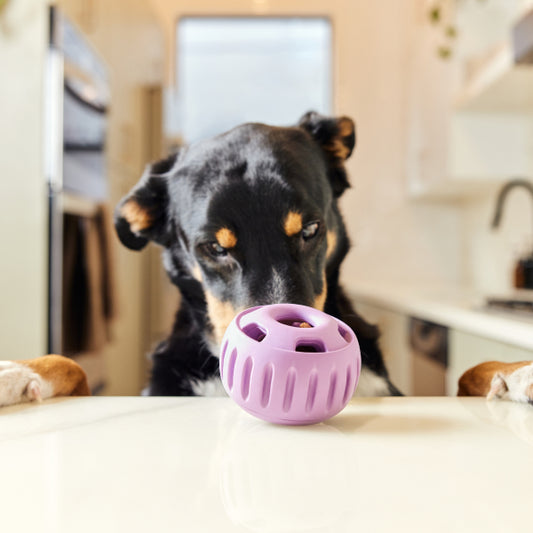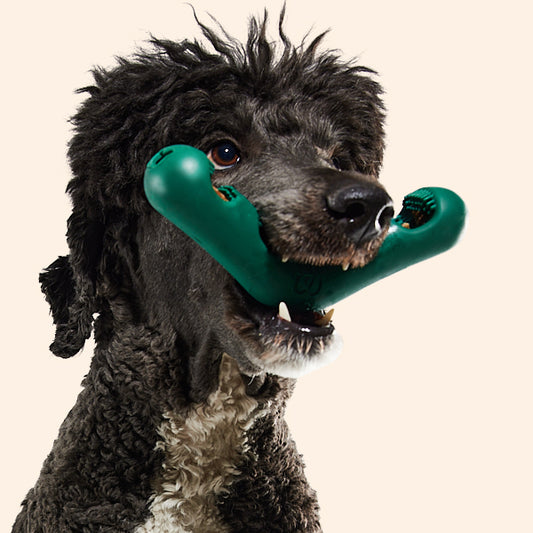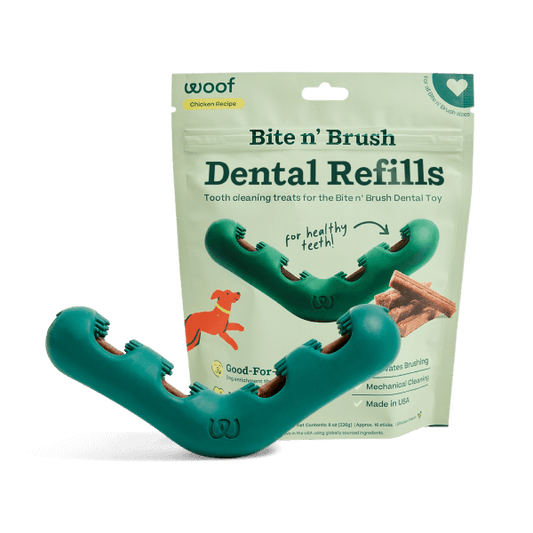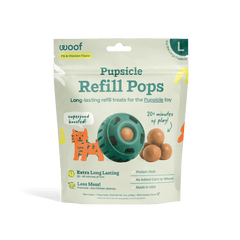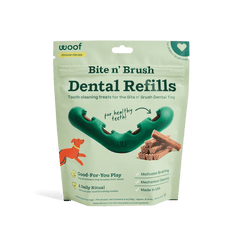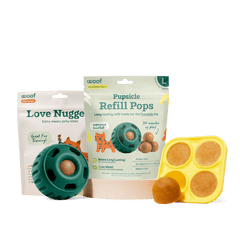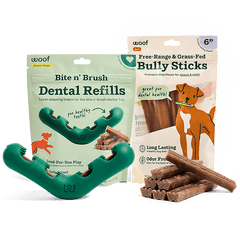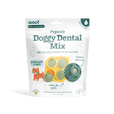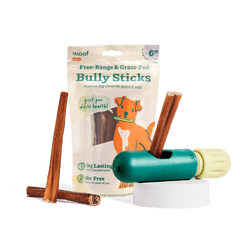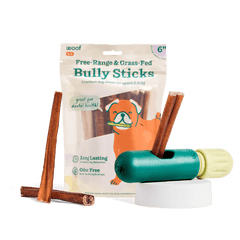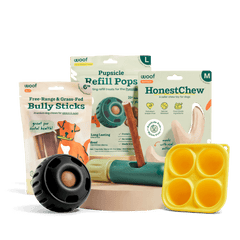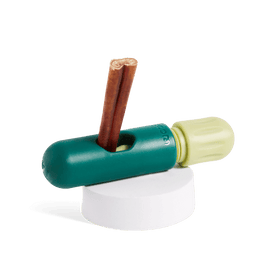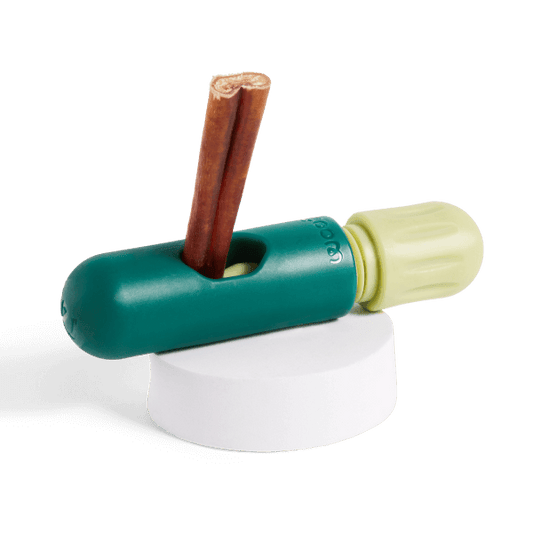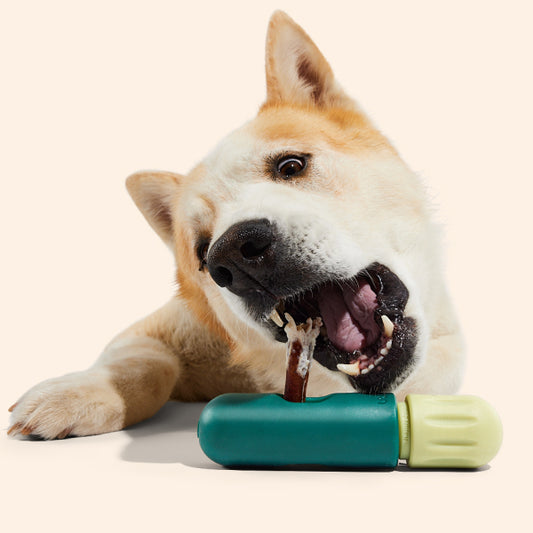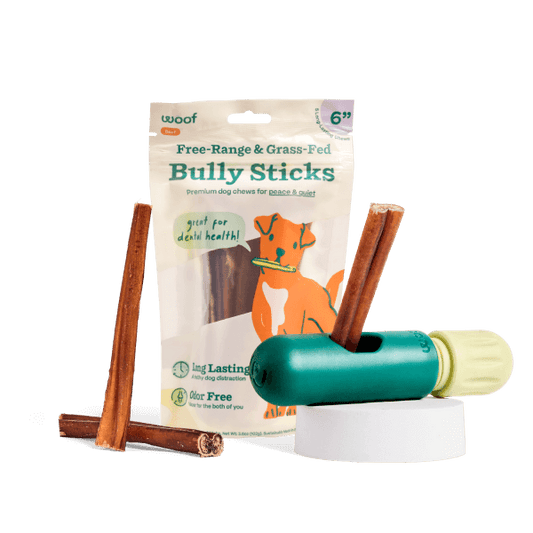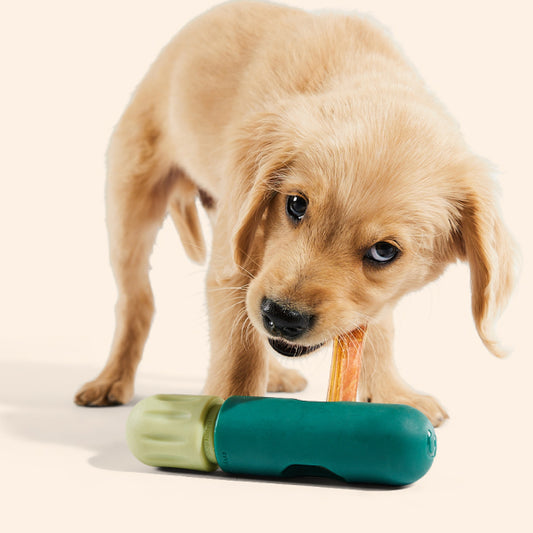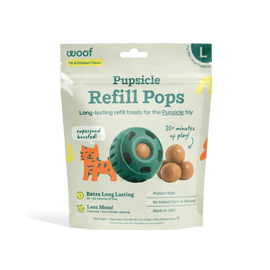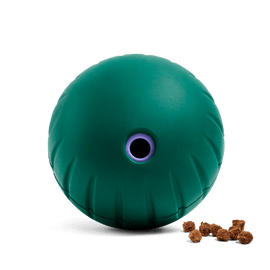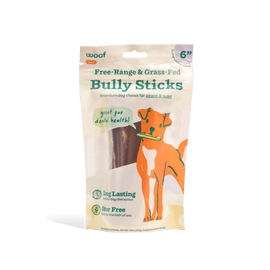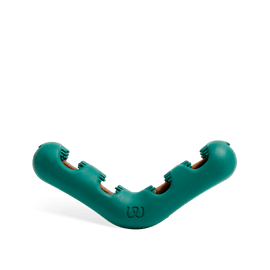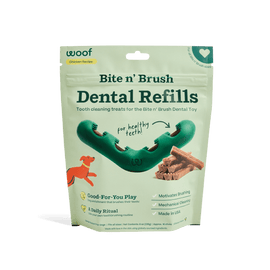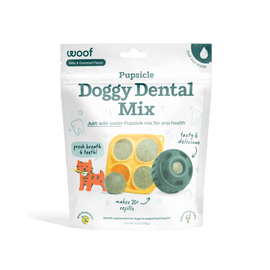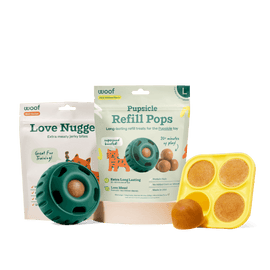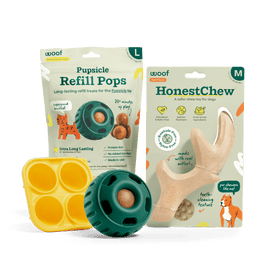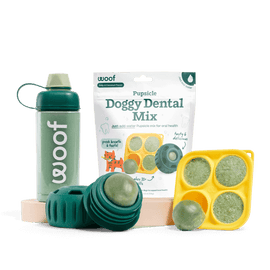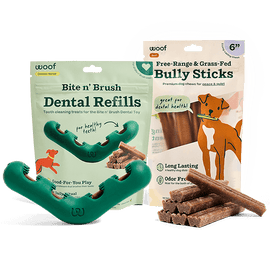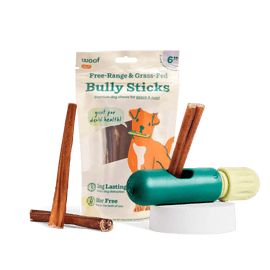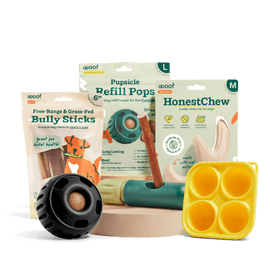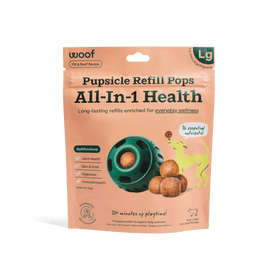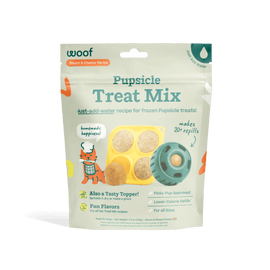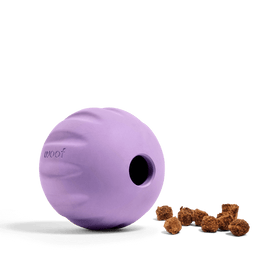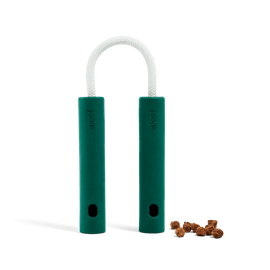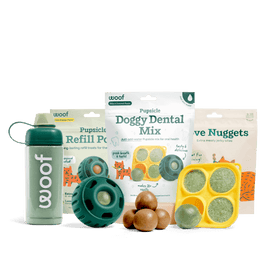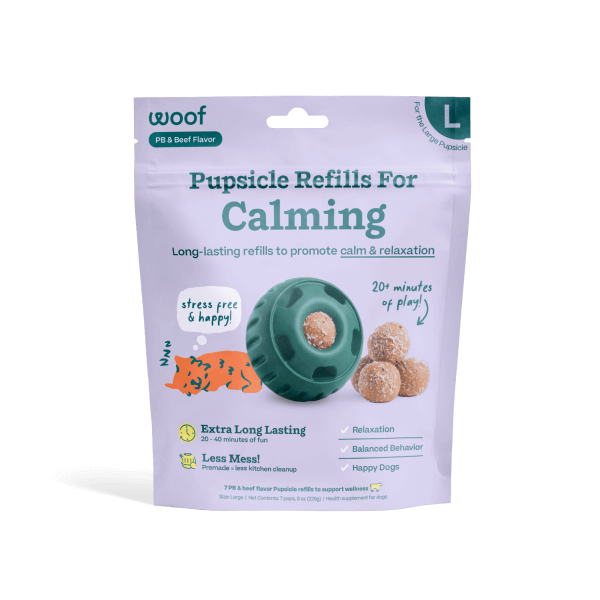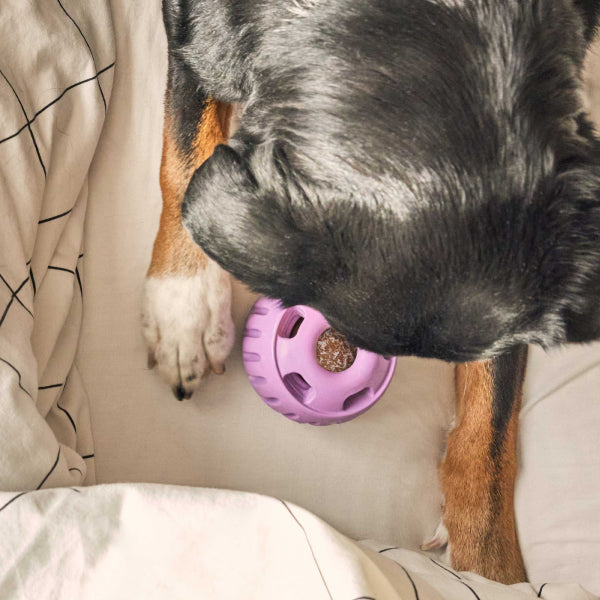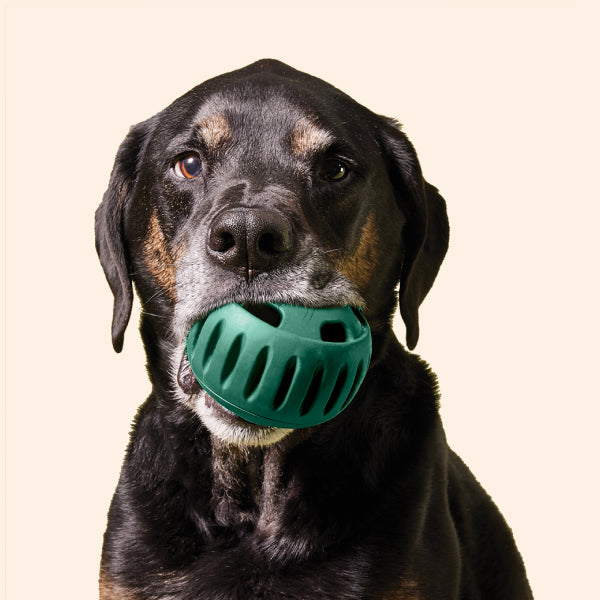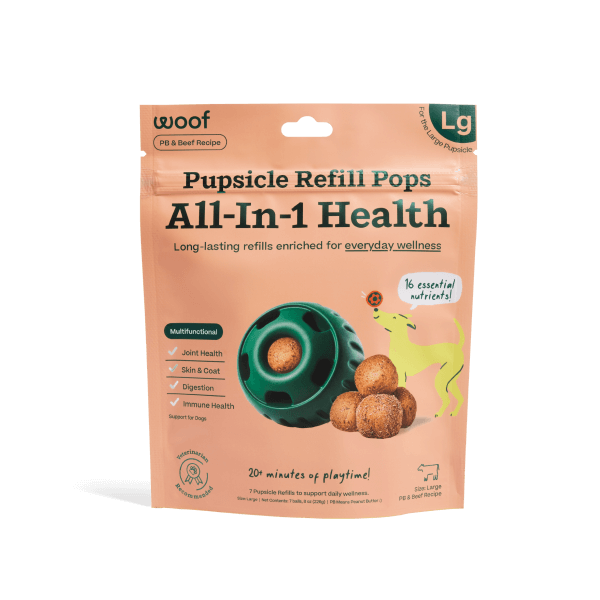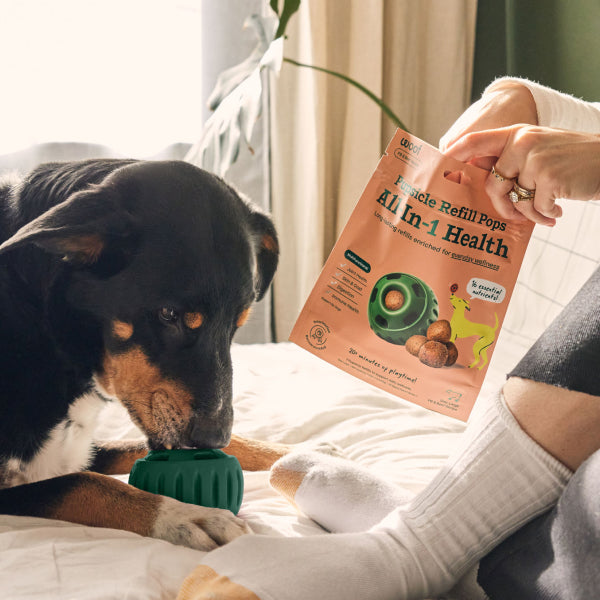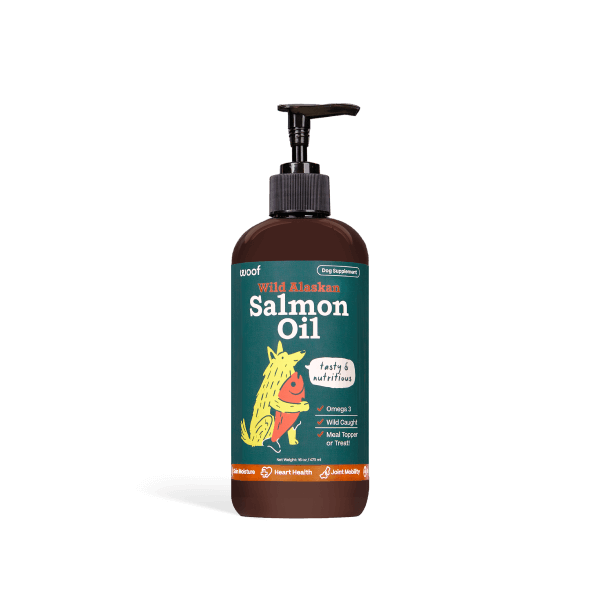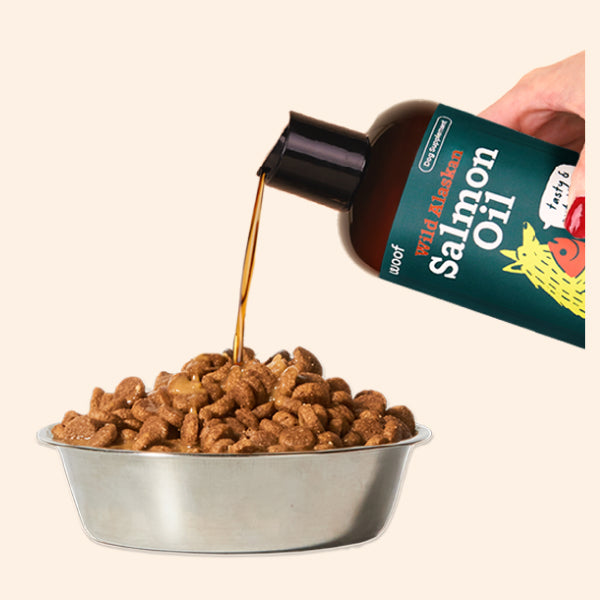
Ever noticed your pup acting a bit off lately? Maybe they're panting more than usual, avoiding eye contact, or suddenly uninterested in their favorite toy. These subtle changes could be your dog's way of saying, "I'm stressed." Understanding these signals is crucial for ensuring your furry friend's well-being.
Common Signs of Stress in Dogs
Dogs communicate their feelings through body language and behavior. Recognizing these signs can help you address their stress effectively:
- Excessive Panting or Drooling: If your dog is panting heavily without physical exertion or drooling more than usual, it might indicate stress.
- Changes in Body Language: Look for signs like tucked tails, pinned-back ears, or a hunched posture. These can signal fear or discomfort.
- Avoidance Behaviors: Turning away, hiding, or avoiding eye contact can be your dog's way of coping with stress.
- Increased Vocalization: Excessive barking, whining, or howling may be a response to anxiety.
- Destructive Behaviors: Chewing furniture, digging, or other destructive actions can be outlets for stress.
- Changes in Appetite: A sudden loss of interest in food or overeating can be stress-related.
Understanding the Causes
Identifying the root cause of your dog's stress is the first step toward helping them. Common stressors include:
- Environmental Changes: Moving to a new home, changes in routine, or loud noises like thunderstorms can be unsettling.
- Separation Anxiety: Being left alone for extended periods can cause significant stress for some dogs.
- Lack of Socialization: Limited exposure to other dogs or people can make new experiences stressful.
- Health Issues: Pain or illness can also manifest as behavioral changes.
How Woof Can Help
At Woof, we understand the importance of keeping your dog happy and stress-free. Our range of products is designed to support your dog's well-being:
- Calming Wellness Pops: Infused with natural ingredients to help soothe anxiety.
- The Pupsicle: A fun and engaging toy that provides mental stimulation.
- All-in-1 Wellness Pops: Supports overall health, helping your dog feel their best.
- Salmon Oil: Promotes a healthy coat and supports cognitive function.
Tips for Managing Your Dog's Stress
Beyond products, here are some practical steps you can take:
- Establish a Routine: Consistency helps dogs feel secure.
- Provide a Safe Space: Create a comfortable area where your dog can retreat when overwhelmed.
- Regular Exercise: Physical activity can reduce stress levels.
- Positive Reinforcement: Reward calm behavior to encourage relaxation.
When to Seek Professional Help
If your dog's stress persists or worsens, consult your veterinarian or a professional dog trainer. They can provide guidance tailored to your dog's specific needs.
Understanding and addressing your dog's stress is a vital part of responsible pet ownership. With attentive care and the right resources, you can help your furry friend lead a happy, relaxed life.

